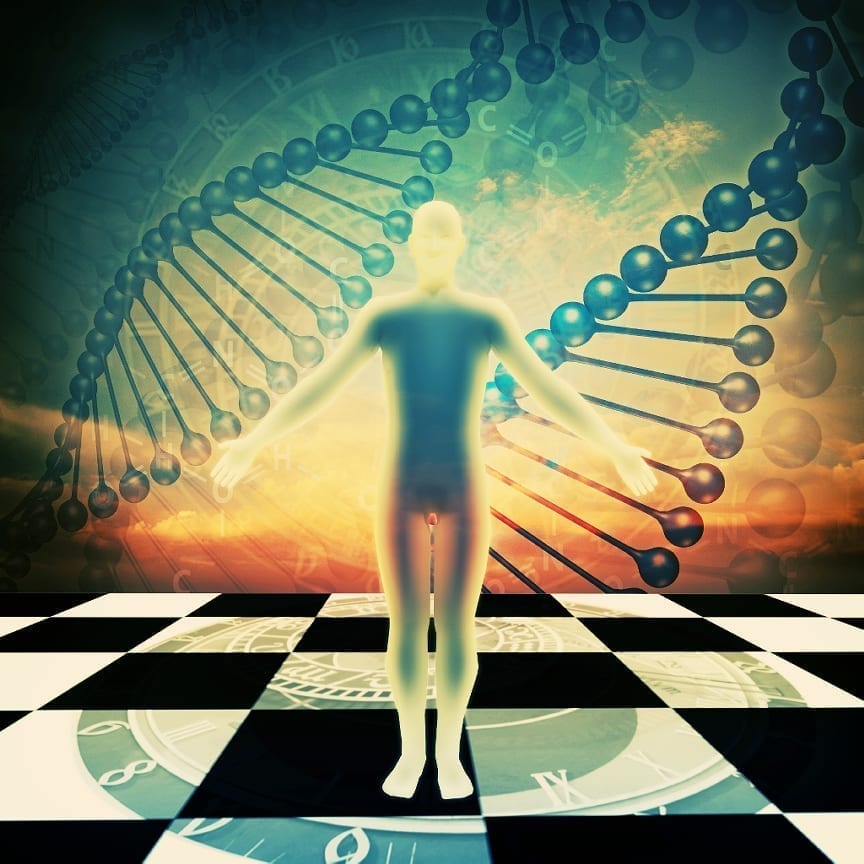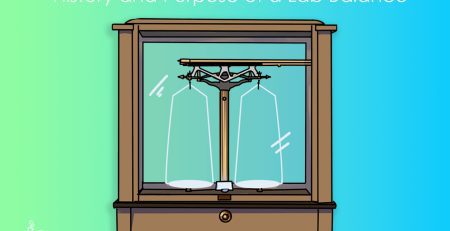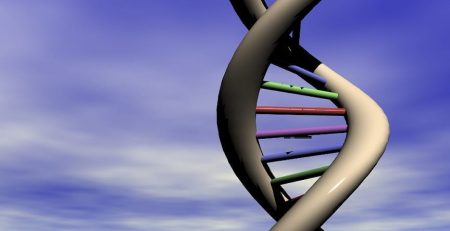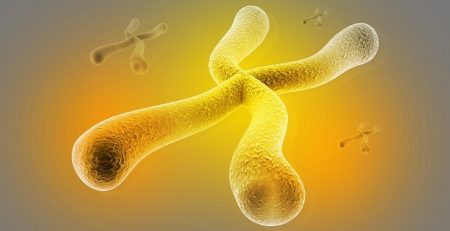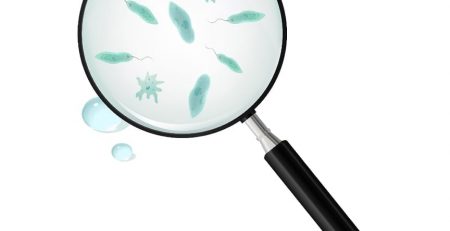Humans are still evolving
Fertility and infant mortality rates have been lowered due to modern medical advances and access to contraception. Natural selection will still keep human population intact. Evolution will be fueled by genetic differences between us. Elisabeth Bolund of Uppsala University in Sweden led an international team that analyzed centuries’ of genealogical records from churches in Finland from all the way back to the 1700s. They assembled family trees from over 10,000 people to study how much a trait’s variation is caused by genetic influences versus environmental influences.
Over 67% of children lived into adulthood, in the 1860s. In the 1940s, that number went up to 94 percent. People also went from having 5 children to 1.6 children on the average during their life. 4 to 18 percent of the differences between individuals’ lifespan, sizes of family, and ages when they had their first and last children were influenced by genes, in the 18th and 19th centuries. “This is exciting because if genes affected differences between individuals in these traits, it means they could also change in response to natural selection,” Bolund explains in a news release. “But we know that the environment has changed rapidly and dramatically, so we investigated the genetic basis of such complex traits and their ability to continue changing through evolution.”




